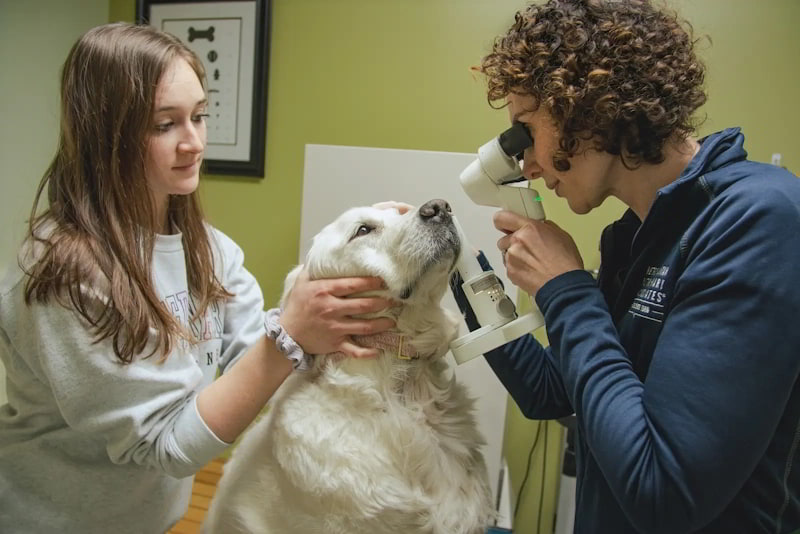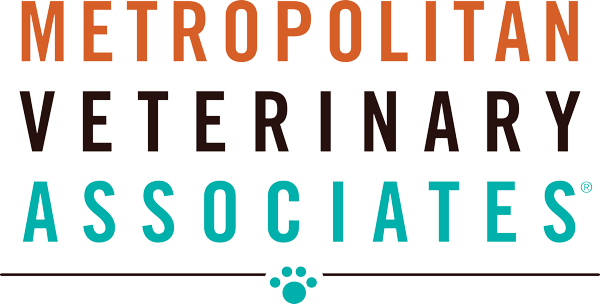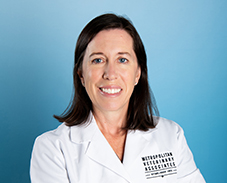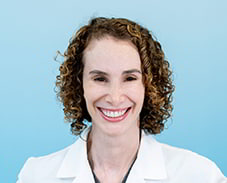Just like in humans, our dogs and cats can suffer from a wide range of eye problems. These conditions can be painful, affect their quality of life, and sometimes threaten their vision. You might notice symptoms like a loss of vision, a change in your pet’s eye appearance (cloudiness, redness, new “glowing” look), persistent discharge, squinting, or pawing at the eye.
These issues can include cataracts, glaucoma, dry eye, corneal ulceration, tumors, eyelid defects, inflammation, and retinal degeneration, among many others.
While your family veterinarian is always the best starting point for any health concern, there are times when your pet needs the care of a dedicated specialist.

What is a Veterinary Ophthalmology Specialist?
A Veterinary Ophthalmologist is a veterinarian who has completed extensive, specialized training focused solely on the diagnosis and treatment of eye diseases in animals. To earn this title they must complete several additional years of internship and residency training. After this training they must pass a rigorous set of examinations to become board-certified by the American College of Veterinary Ophthalmologists (ACVO). This advanced training provides them with the in-depth knowledge, precise surgical skills, and access to specialized equipment necessary to provide the highest standard of Veterinary Ophthalmology care for your pet.
Why Might Your Pet Be Referred to Us?
Most pets are referred to a Veterinary Ophthalmologist by their primary care veterinarian. Your family vet is in the best position to perform an initial examination and determine if a referral to a specialist is the right course of action for your pet’s specific condition.
Your appointment with our ophthalmology team will involve a comprehensive eye examination, often using specialized equipment to look at the structures of the eye in great detail. After a thorough assessment, our specialist will discuss the findings with you, explain your pet’s condition in terms you can understand, and recommend the best treatment options available.
Our goal is simple: to preserve or restore vision, treat painful eye conditions, and provide you with a clear diagnosis and a compassionate care plan.
Common Eye Conditions We Treat
Our Veterinary Ophthalmology service is equipped to handle a wide variety of conditions. Some of the most common problems we see include:
Cataracts
A cataract is a clouding of the lens inside the eye, which blocks light from reaching the retina and causes vision loss. Many cataracts are progressive and can lead to blindness.
Advanced Cataract Surgery
We have the state-of-the-art Alcon Centurion Vision System for the treatment of cataracts in companion animals. This is the same cutting-edge technology used in human cataract surgery, allowing for greater precision and improved outcomes for your pet.
Glaucoma
This is a serious and painful condition where pressure inside the eye increases, damaging the optic nerve and retina. Glaucoma is a medical emergency, and rapid treatment is required to save vision.
Dry Eye
Also known as Keratoconjunctivitis Sicca or KCS, is a common condition where a pet doesn’t produce enough tears to keep the eye properly lubricated. This can lead to chronic irritation, pain, and corneal ulcers.
Corneal Ulceration
The cornea is the clear, protective outer layer of the eye. An ulcer is a scratch or wound on this surface, which can be very painful and may become infected if not treated properly.
Eyelid Defects
Problems like “cherry eye” (a prolapsed gland) or eyelids that roll inward (entropion) or outward (ectropion) can cause chronic irritation, pain, and damage to the eye’s surface. These often require surgical correction.
Inflammation
Inflammation (Uveitis) inside the eye. This can be a sign of a systemic infection, an immune-mediated disease, or other underlying issues. It is often very painful and can lead to complications like glaucoma or cataracts.
Retinal Degeneration
This includes a group of diseases, such as Progressive Retinal Atrophy (PRA), that cause the light-sensitive cells in the back of the eye to deteriorate, leading to progressive vision loss and, ultimately, blindness.
Meet Our Veterinary Ophthalmology Team
Our compassionate team is led by board-certified specialists dedicated to your pet’s vision and comfort.
If you are concerned about your pet’s eye health, please talk to your primary veterinarian about a referral to one of our specialty ophthalmology department at Metropolitan Veterinary Associates.


